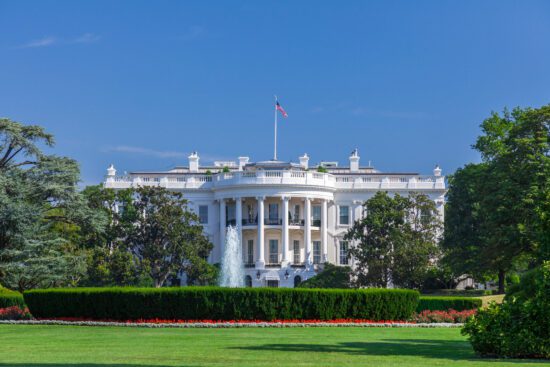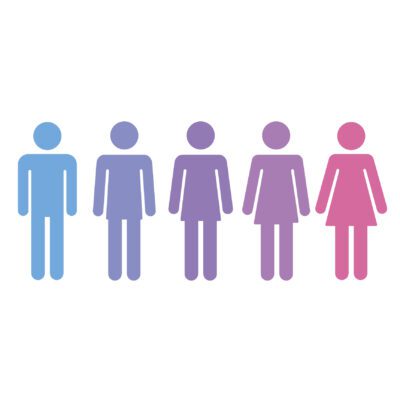No one in American life is more committed to religious liberty for all than the Latter-day Saints. We disagree strongly on crucial matters of faith—including the question of what the gospel is and what the church is, even over the question of who and what God is. But we work together for religious liberty, because we can have those debates while simultaneously agreeing that we ought to have the freedom to have them without government interference. We don’t have to agree on whether Joseph Smith was right about golden plates to agree that Thomas Jefferson was right about inalienable rights.
A few weeks back, LDS officials announced their intention to craft first-of-its-kinds legislation that would attempt to balance the concerns of the LGBT community with the concerns of religious liberty advocates. The much-anticipated bill has finally been unveiled. So the question remains why we—and our Roman Catholic religious liberty allies—don’t sign on to this strategy as well. We can’t speak for the Catholic bishops, of course, but here’s how we see it.
The bill is well-intentioned. We love our gay and lesbian neighbors, and we don’t want to see them treated spitefully or unfairly.
Admittedly, in most cases, sexual orientation and gender identity matter little in terms of employment and housing. But this bill leaves wholly unprotected private, for-profit business owners who want to run their business according to their faith. Though it does protect businesses with 15 or fewer employees, this arbitrary threshold doesn’t protect Christian or other believing businesses or business owners beyond that. And further, there are no guarantees that the bill would not someday be amended to either reduce that threshold or eliminate it altogether. Indeed, many at the forefront of the Sexual Revolution’s legal advance note that what they ultimately want is to accord the concepts of “sexual orientation” and “gender identity” as a legal status on a par with race, ethnicity, and sex in anti-discrimination law.
As for just one example, this bill would still require a Christian-owned t-shirt printing company with 17 employees to print speech that its owners find morally compromising. Legally compelled speech where the government has not sought out a less restrictive means goes against the letter and spirit of our First Amendment. This is unacceptable.
There are additional problems wrought by this bill. With a religiously conservative body such as the LDS Church voluntarily agreeing to enshrine “sexual orientation” and “gender identity” as legitimate legal categories, the bill acts to further cement as protected classes categories based on morally problematic conduct or self-presentation. While the bill does include a provision stating that the bill should not be construed to create a protected class, the idea of protected classes has both statutory and common law constitutional effects. It is possible, even probable, that future courts will cite this as evidence that what is referred to as “strict scrutiny” in equal protection jurisprudence is required for those classes.
This concession works drastically against religious communities who do not agree with this viewpoint on matters of legal principle. Every law that grants protection for these classes adds to the weight of evidence that constitutional protection and even strict scrutiny is warranted. Despite the broad religious exemptions in the bill, if a court were to hold that “gender identity” and “sexual orientation” are classes protected by the Fourteenth Amendment, it is unlikely that that grant would give any protection to churches or religious organizations.
Finally, the more subtle and deleterious effects of this bill aren’t even in the bill itself. Over time, law works in tandem with other cultural factors to alter attitudes and public opinion. Regardless of protections this bill might offer, it aids and abets the cultural forces that would render historic Christian beliefs on sexuality (and even marriage) suspect and eventually out of bounds. The symbolism of this law represents an historic and incremental concession to those who would leave no room in the public square for those who refuse to bow down before, or offer sacrifices to, the false gods of the Sexual Revolution.
We don’t doubt our Mormon friends’ good intentions, but we don’t agree that this is the best way to achieve these goals.











